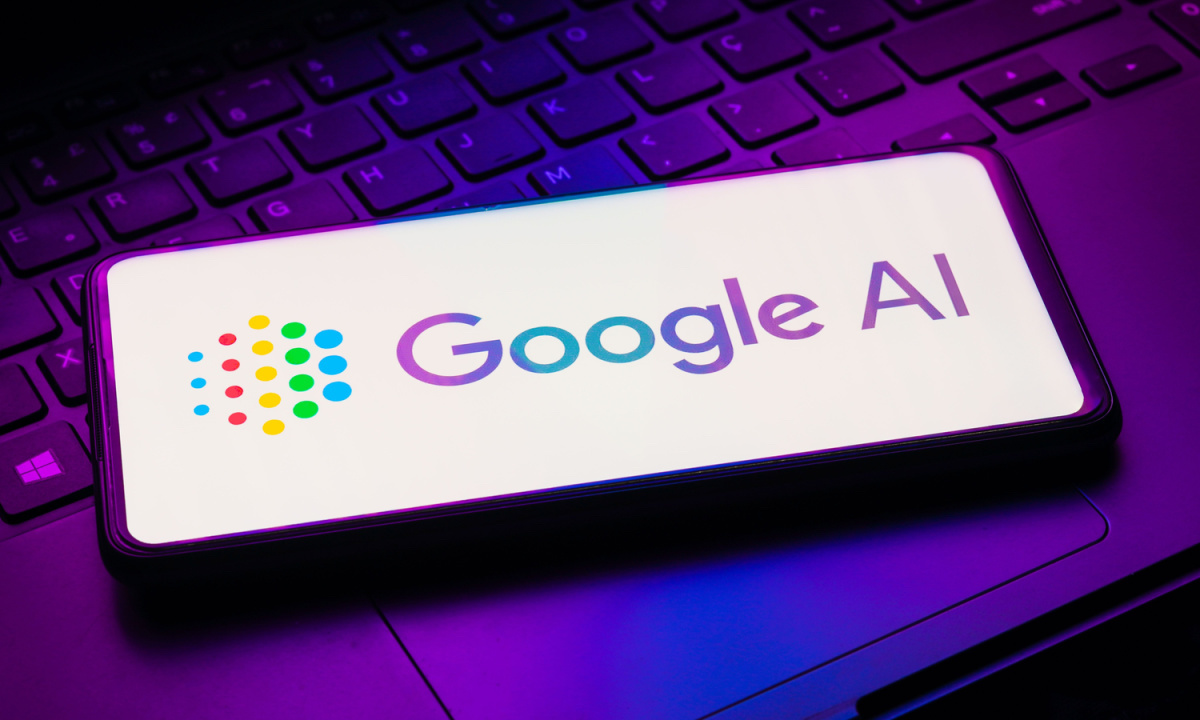
Google has declared its commitment to defend users of generative artificial intelligence (AI) systems within its Google Cloud and Workspace platforms if they face accusations of intellectual property violations. This decision aligns Google with other tech giants like Microsoft and Adobe, which have also made similar pledges.
In recent years, major technology companies such as Google have been making substantial investments in generative AI and are in a fierce race to incorporate it into their products. However, these advancements have not come without controversy, as prominent writers, illustrators, and other copyright owners have initiated several lawsuits. They claim that both the use of their creative work to train AI systems and the content generated by these systems infringe upon their intellectual property rights, reported Reuters.
Google’s pledge of indemnity, as disclosed on Thursday, comes with one crucial caveat: it does not apply if users “intentionally create or use generated output to infringe the rights of others.” This stipulation aims to balance the protection of legitimate users with safeguarding against misuse.
Read more: Google And OpenAI Disagree On Government Oversight Of AI
It is worth noting that the recent wave of lawsuits surrounding generative AI has primarily targeted the companies responsible for these systems, including Google, rather than individual end users. This strategic choice by plaintiffs reflects the belief that the companies should be held accountable for any potential intellectual property violations stemming from their technology.
AI defendants, on the other hand, have consistently argued that the use of training data obtained from the internet to train their systems falls under the umbrella of “fair use” as defined by U.S. copyright law. This ongoing legal debate remains at the heart of many of the cases.
As the utilization of generative AI continues to grow and evolve, it is clear that the technology’s impact on intellectual property rights will remain a topic of great interest, both within the tech industry and the legal sphere. With Google’s recent announcement to stand by its users, the battle over the boundaries of generative AI’s fair use may find a renewed focal point.
Source: Reuters
Featured News
Big Tech Braces for Potential Changes Under a Second Trump Presidency
Nov 6, 2024 by
CPI
Trump’s Potential Shift in US Antitrust Policy Raises Questions for Big Tech and Mergers
Nov 6, 2024 by
CPI
EU Set to Fine Apple in First Major Enforcement of Digital Markets Act
Nov 5, 2024 by
CPI
Six Indicted in Federal Bid-Rigging Schemes Involving Government IT Contracts
Nov 5, 2024 by
CPI
Ireland Secures First €3 Billion Apple Tax Payment, Boosting Exchequer Funds
Nov 5, 2024 by
CPI
Antitrust Mix by CPI
Antitrust Chronicle® – Remedies Revisited
Oct 30, 2024 by
CPI
Fixing the Fix: Updating Policy on Merger Remedies
Oct 30, 2024 by
CPI
Methodology Matters: The 2017 FTC Remedies Study
Oct 30, 2024 by
CPI
U.S. v. AT&T: Five Lessons for Vertical Merger Enforcement
Oct 30, 2024 by
CPI
The Search for Antitrust Remedies in Tech Leads Beyond Antitrust
Oct 30, 2024 by
CPI